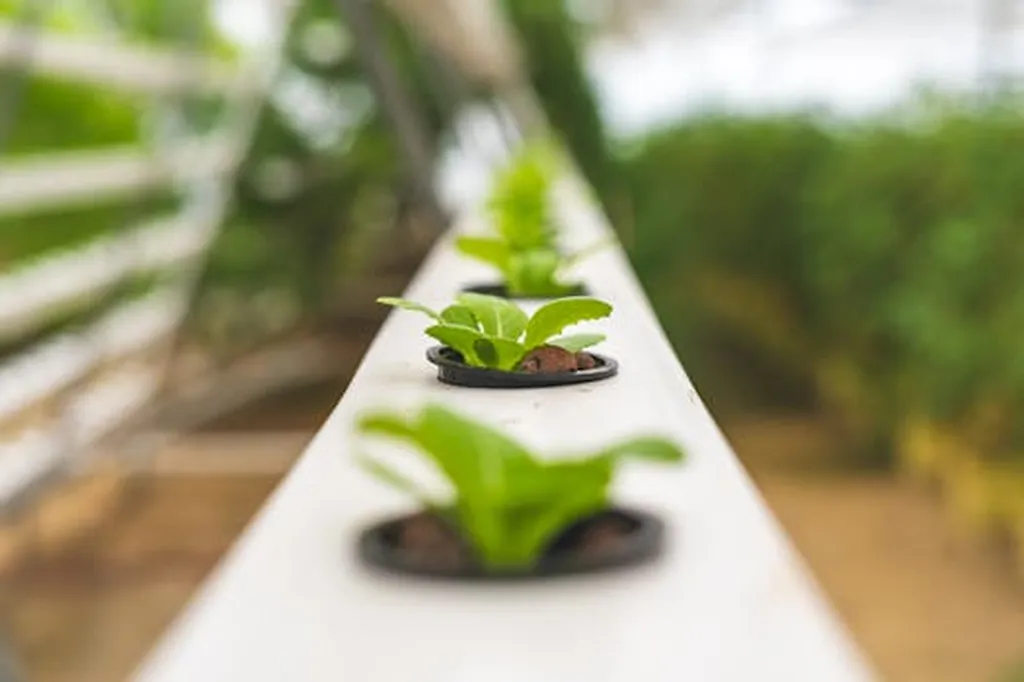In the heart of India’s agricultural landscape, a quiet revolution is brewing, one that promises to reshape the future of farming. Shanmugam Vijayakumar, a researcher at the ICAR-Indian Institute of Rice Research, is at the forefront of this transformation, exploring the opportunities and challenges of Agriculture 4.0—a data-driven approach that leverages modern technologies to address some of the most pressing issues in agriculture today.
Agriculture 4.0, as Vijayakumar explains, is not just about adopting new technologies; it’s about creating a sustainable, efficient, and resilient agricultural system. “It’s about using data to make informed decisions, to optimize resource use, and to minimize waste,” he says. By integrating technologies like the Internet of Things (IoT), artificial intelligence (AI), big data analytics, unmanned aerial vehicles (UAVs), and agricultural robots, farmers can automate operations, enhance crop yield, and improve food quality and safety.
The potential benefits are immense. Real-time data on soil, crop, and weather conditions enable tailored soil and crop management, reducing the need for external inputs and mitigating labor constraints. This not only cuts costs but also protects the environment, increases climate resilience, and promotes long-term sustainability.
However, the path to Agriculture 4.0 is not without its challenges. High initial investment costs, fragmented land holdings, diverse cropping systems, limited farmer awareness, and inadequate digital literacy are just a few of the barriers to adoption. “The complexity of AI algorithms, unreliable infrastructure, insufficient high-quality training data, poor internet connectivity, data privacy concerns, and a lack of supportive government policies further complicate the situation,” Vijayakumar notes.
To overcome these challenges, a multi-faceted approach is necessary. Developing cost-effective sensors, user-friendly algorithms, and versatile machinery tailored for small-scale farms is crucial. Investments in rural infrastructure, public-private partnerships, farmer training programs, and policy interventions, such as subsidies, tax incentives, and regulatory frameworks, are also critical to ensuring equitable access and maximizing the benefits of Agriculture 4.0.
The implications of this research extend far beyond the fields. As Vijayakumar’s work suggests, Agriculture 4.0 has the potential to revolutionize the energy sector as well. By optimizing resource use and minimizing waste, it can reduce the energy footprint of agriculture, a significant consumer of global energy. Moreover, the data-driven approach of Agriculture 4.0 can enable more efficient energy use, from precision irrigation that reduces water and energy consumption to AI-driven systems that optimize the use of agricultural machinery.
As the world grapples with the challenges of climate change, food security, and energy sustainability, the insights from Vijayakumar’s research offer a beacon of hope. By embracing Agriculture 4.0, we can pave the way for a more sustainable and resilient future, not just for agriculture, but for the energy sector and beyond. The journey is complex, but the potential rewards are immense. As Vijayakumar’s work shows, the future of farming is not just about growing crops; it’s about growing a sustainable future.
The research was published in the journal Discover Food, which translates to “Explore Food” in English.

